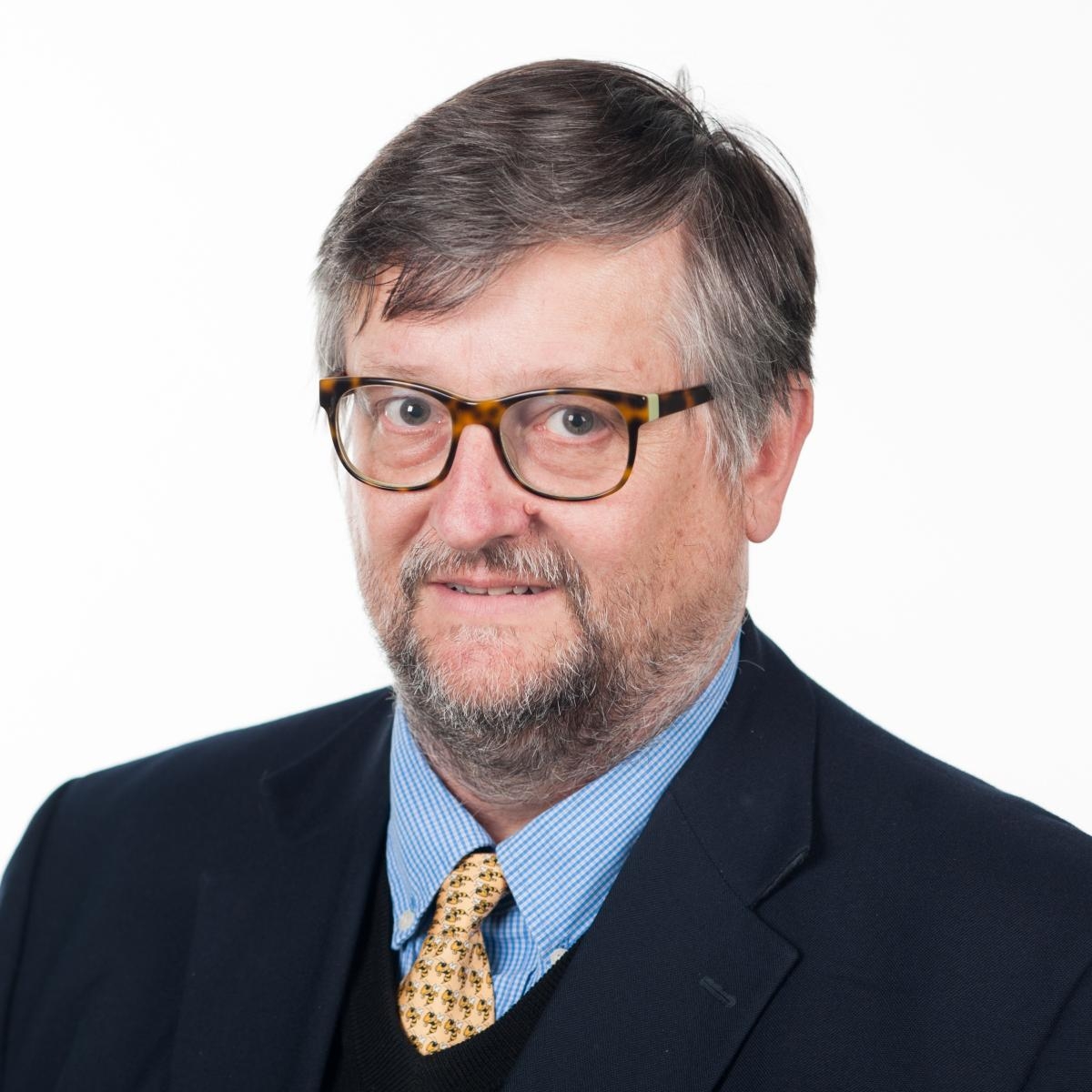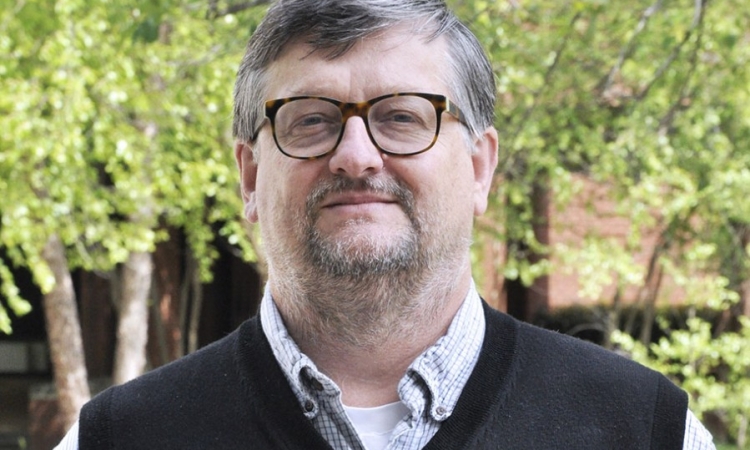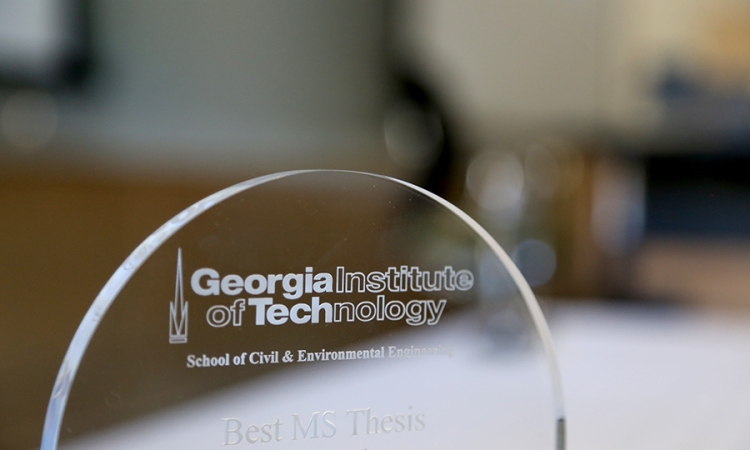Dr. J. David Frost is the Elizabeth and Bill Higginbotham Professor of civil engineering. He received B.A.I and B.A. degrees in civil engineering and mathematics, respectively, from Trinity College, Dublin, Ireland in 1980 and M.S. and Ph.D. degrees in civil engineering in 1986 and 1989 from Purdue University. Prior to serving as a member of the faculty at Purdue University and Georgia Tech, he worked in industry in Ireland and Canada on a range of natural resource related projects ranging from tailings impoundments to artificial sand islands in the Arctic for oil exploration. At Georgia Tech, where he has been for almost 20 years, he has served as head of the Geosystems Engineering Group and as founding director of the Georgia Tech Regional Engineering Program and subsequently the Georgia Tech Savannah campus. A core focus throughout Frost’s career has been the study and analysis of natural and man-made disasters. His research is centered on the development and implementation of digital data collection systems for studying subsurface problems related to earthquakes and other disasters at multiple scales and he has received two U.S. patents for multi-sensor subsurface data collection systems. For more than 20 years, he has served on or led NSF-supported post-disaster study teams following earthquakes in US, Turkey, India, China and Chile as well as at the World Trade Center complex following the 9/11 attacks and he served as a member of the external review board for the NIST report on the Collapse of the World Trade Center Towers. He is a founding member and co-chair of the Geotechnical Extreme Events Reconnaissance (GEER) Association, (http://www.geerassociation.org/) an NSF sponsored organization that responds to natural and man-made geotechnical disasters worldwide. He has organized numerous workshops and conferences on the applications of spatial analysis tools to study both regional effects and damage patterns from earthquakes and well as the micro-scale response of liquefiable soils under various loading conditions. He is a regularly invited participant in conferences and workshops on disaster prediction, assessment and response. Most recently, he has been exploring how to bring experiences in disaster impacted areas into the classroom and has given presentations at TEXx Creative Coast and other meetings on “Ideas Stimulated by Extreme Events”. Dr. Frost has been recognized for his teaching and research, including being a recipient of the ASCE Technical Council on Forensic Engineering Outstanding Paper Award, an NSF National Young Investigator Award, the ASCE Huber Civil Engineering Research Prize, the ASTM International Hogentogler Award and the Georgia Society of Professional Engineers Engineer of the Year in Education Award. He has also been recognized for his volunteer efforts in economic development including the Coastal Business & Education Technology Alliance Leadership Innovation Award, the Savannah Science Seminar Science Leadership Award and the Savannah Technical College Community Star Award. Dr. Frost serves on a number of national and regional committees and boards. He is an active member of a number of professional organizations including ASCE, ASTM, EERI, CUREE and GEER. He serves as chair of the board of the Savannah Area Geographic Information System (SAGIS) and as a member of the Board of the Creative Coast Alliance. He is a member of the ASCE Geo-Institute Geo-Legislative Committee as well as the ASCE Infrastructure and Research Policy Committee and participates in annual legislative fly-ins to Washington, D.C. He is a registered professional engineer (PE) in the US and Canada and a Fellow of ASCE. In addition to his work at Georgia Tech, Frost is co-founder/owner of a software company that develops digital data collection software and systems with an emphasis on subsurface information. This company has provided data collection and management software systems for more than 350 clients worldwide.
Engineering the behavior of soils under static and dynamic loading, Digital image processing and analysis in geosystems engineering, Spatial information systems in subsurface hazard assessment, Performance of soil-polymeric material composite systems
In the News
Pagination
- Previous page
- Current page 5
- Next page




